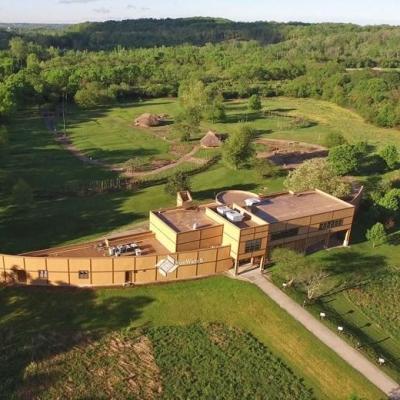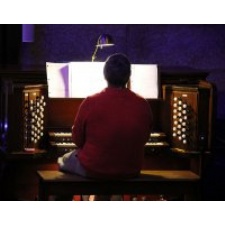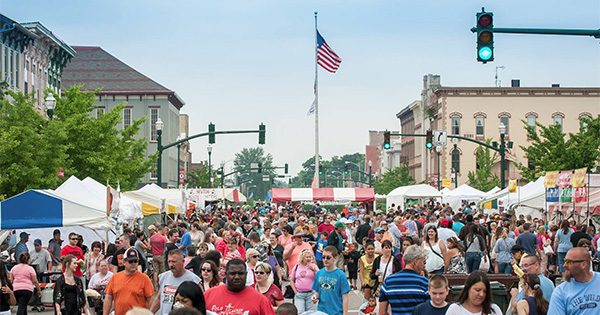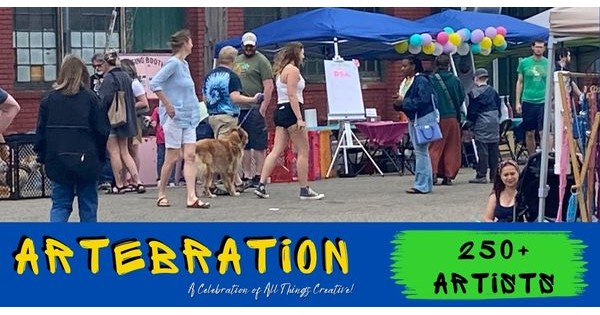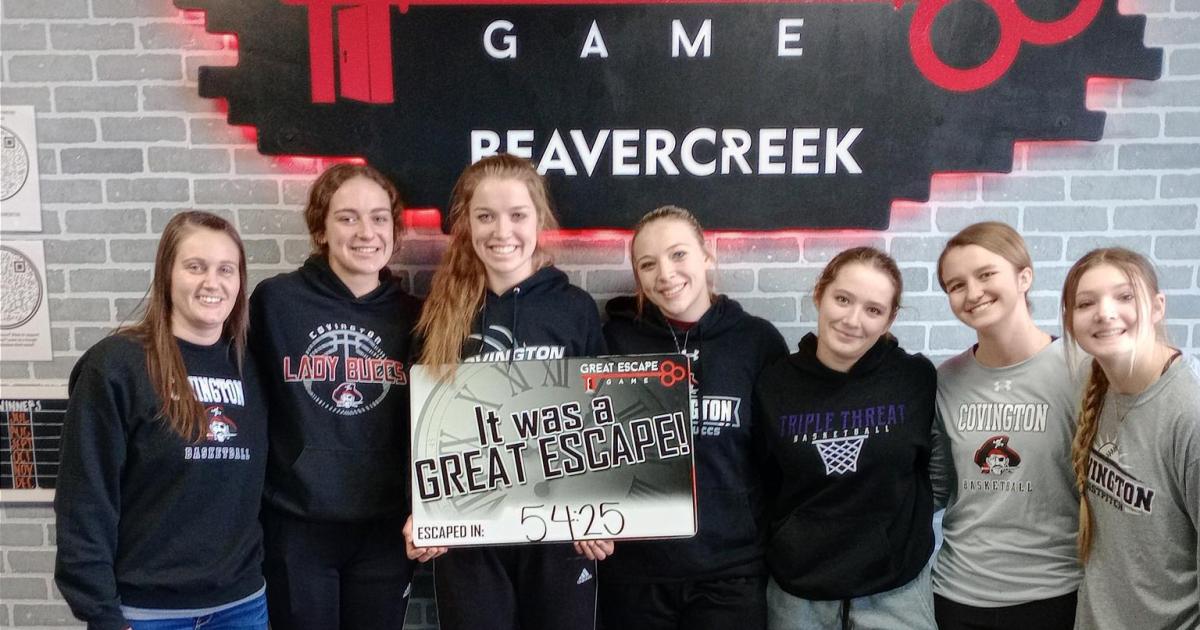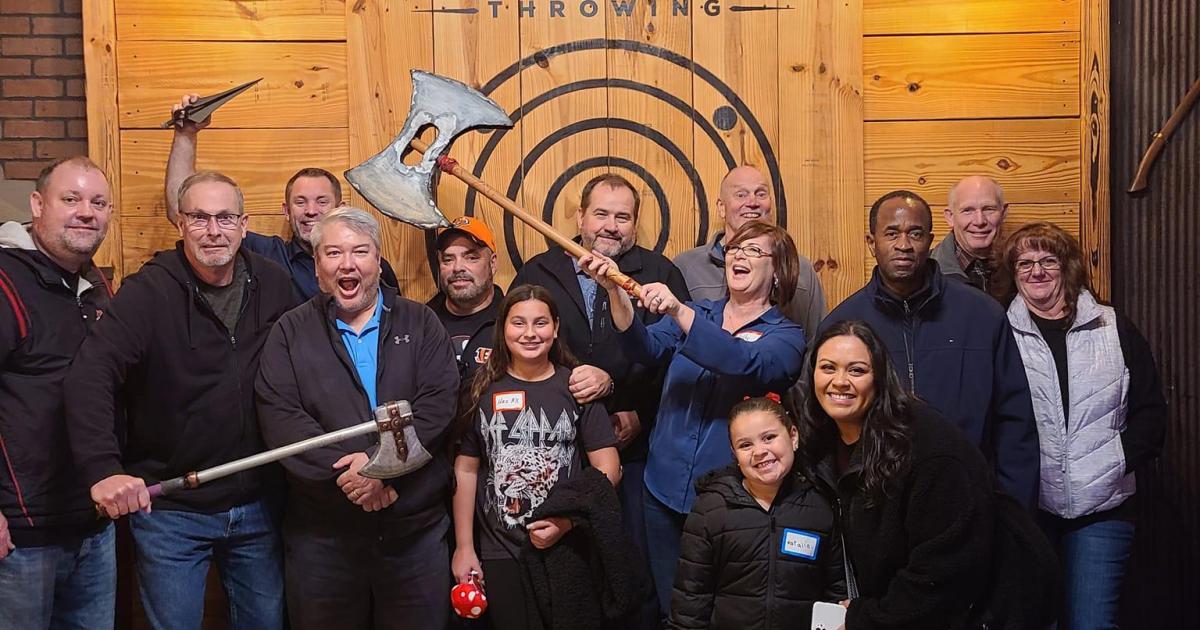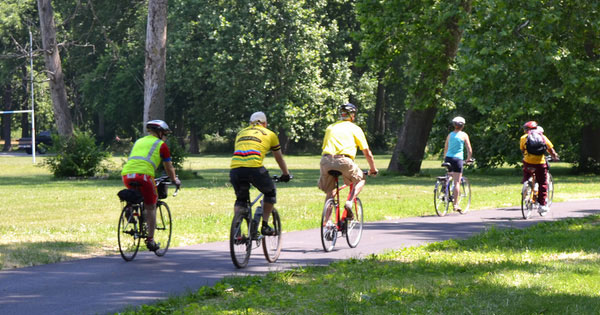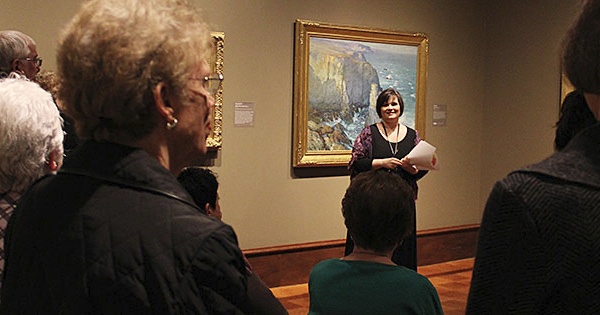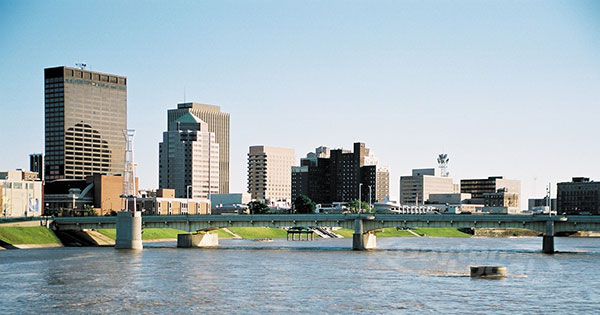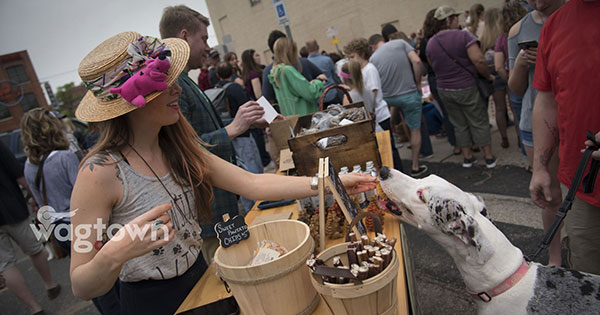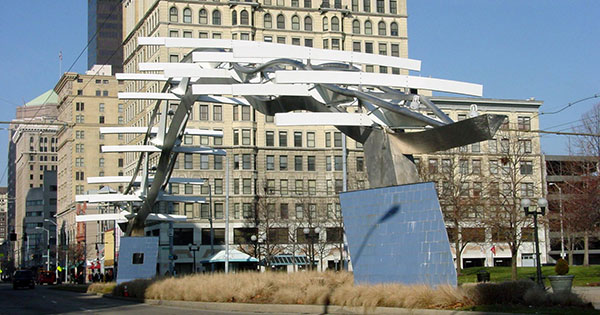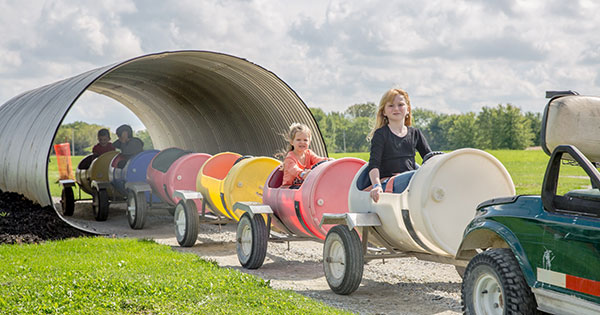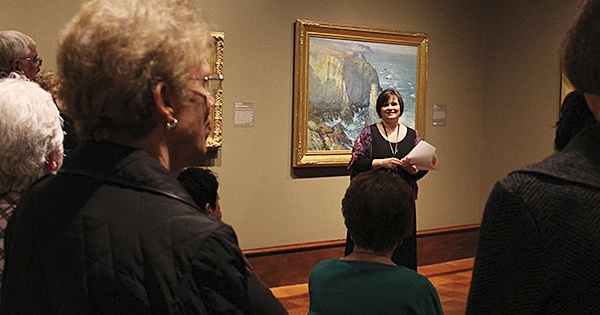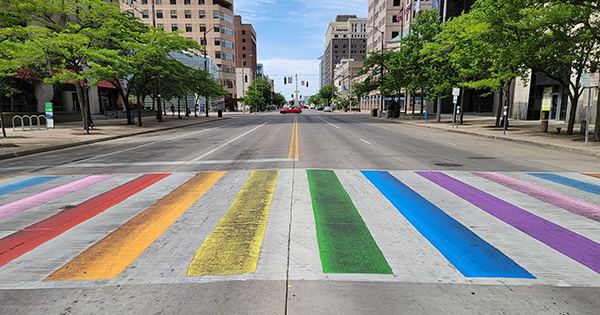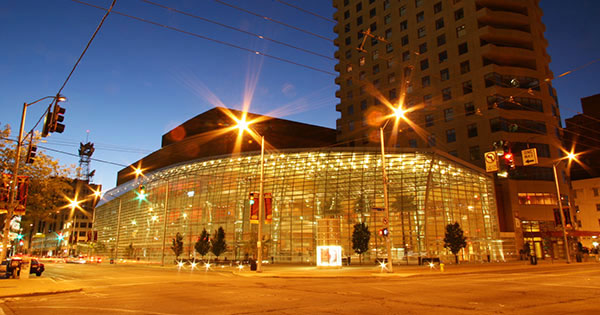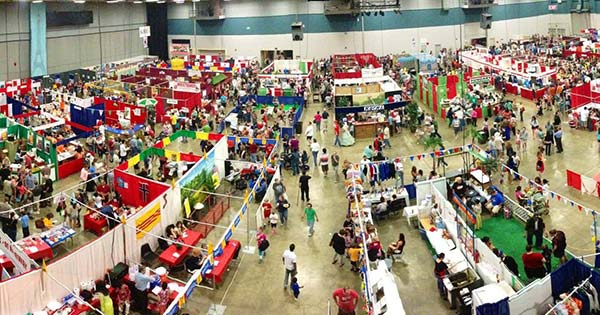New England Indians, Colonists, and the Origins of American Slavery
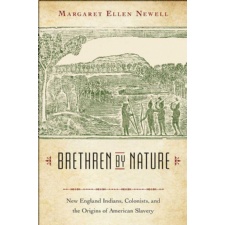
Dr. Margaret Ellen Newell from Ohio State University discusses the history of slavery in New England and how slavery linked the fate of Africans and Indians.
Event details
* this page may be updated if event is repeated in the future *
New England Indians, Colonists, and the Origins of American Slavery
The third presentation in the AIA/SunWatch Winter 2017 Lecture Series: The Archaeology of Confinement presented by Dr. Margaret Ellen Newell from Ohio State University.
Massachusetts was the first English colony to legalize slavery in 1641, and the colonists' desire for slaves shaped the major New England Indian wars, including the Pequot War of 1637, King Philip's War of 1675–76, and the northeastern Wabanaki conflicts of 1676–1749. When the wartime conquest of Indians ceased, New Englanders turned to the courts to get control of their labor, or imported Indians from Florida and the Carolinas, or simply claimed free Indians as slaves.
Drawing on letters, diaries, newspapers, and court records, Dr. Newell recovers the slaves' own stories and shows how they influenced New England society in crucial ways. Dr. Newell also explains how slavery linked the fate of Africans and Indians. The trade in Indian captives connected New England to Caribbean and Atlantic slave economies. Indians labored on sugar plantations in Jamaica, tended fields in the Azores, and rowed English naval galleys in Tangier. Indian slaves outnumbered Africans in New England before 1700, but the balance soon shifted. Fearful of the growing African population, local governments stripped Indian and African servants and slaves of legal rights and personal freedoms. Nevertheless, because Indians remained a significant part of the slave population, the New England colonies did not adopt all of the rigid racial laws typical of slave societies in Virginia and Barbados. Newell finds that second- and third-generation Indian slaves fought their enslavement and claimed citizenship in cases that had implications for all enslaved peoples in eighteenth-century America.
Thanks to the Archaeological Institute of America and the generosity of an anonymous donor, admission to the 2017 The Archaeology of Confinement presentation series is free and open to the public. Regular admission fees apply for guests who wish to visit the museum and village before or after each presentation. Seating is available on a first-come, first-served basis. Pastries will be provided; guests are welcome to bring a beverage.


